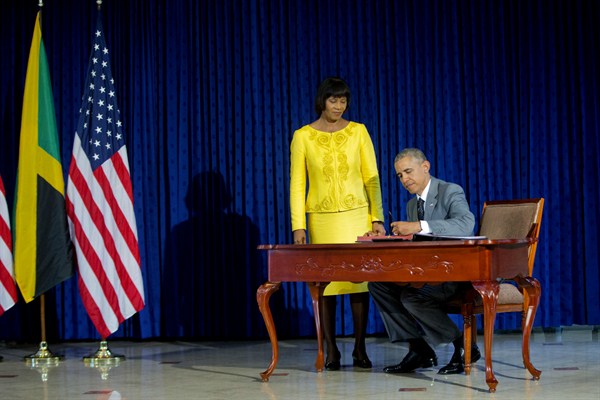Good economic news out of the Caribbean has been few and far-between in recent years. For most countries in the region, the aftermath of the global financial crisis has been full of vicious cycles of slow growth, rising debt, increased unemployment, mounting crime and falling foreign direct investment. Attempts to break out of this pattern have largely failed, leading to increased misery for those who stay and the uncertainty of emigration for those who leave. While Puerto Rico attracts much of the media attention, the situation is just as dire in a dozen or more Caribbean countries.
In September, the unease prompted Jamaica and several other highly indebted middle-income countries to plead their case for assistance at the United Nations General Assembly. Highly indebted middle-income countries are on the threshold of growth, but held back by crippling debt levels that drain government budgets to service that debt, leaving little money for productive investments.
Yet while this may have described Jamaica several years ago, the country is in fact currently transitioning into a pattern of solid growth, with deeper reforms rather than foreign aid having been the key to assuring sustainable growth. Although some positive signs were appearing by early 2014, Jamaica’s recent success was largely unanticipated. The country’s growth had been subpar and declining for decades: From 1967 to 1999, growth averaged a paltry 0.82 percent, falling off to 0.33 percent on average since 2000.
The underlying causes of Jamaica’s economic malaise were wide-ranging. The country’s business community pointed to the introduction of socialist policies in the 1970s, while liberal groups contend anti-social business greed was to blame. The two dominant political parties, the social-democratic People’s National Party (PNP) and the conservative Jamaica Labour Party (JLP), blamed the short-sightedness and incompetence of the other. Until quite recently, everyone was quite comfortable blaming the International Monetary Fund. Jamaica has attempted to stabilize its economy and restart growth by undertaking more than a dozen IMF programs since the 1970s; each one has ended in failure after seemingly making the country’s dire economic situation even worse.

